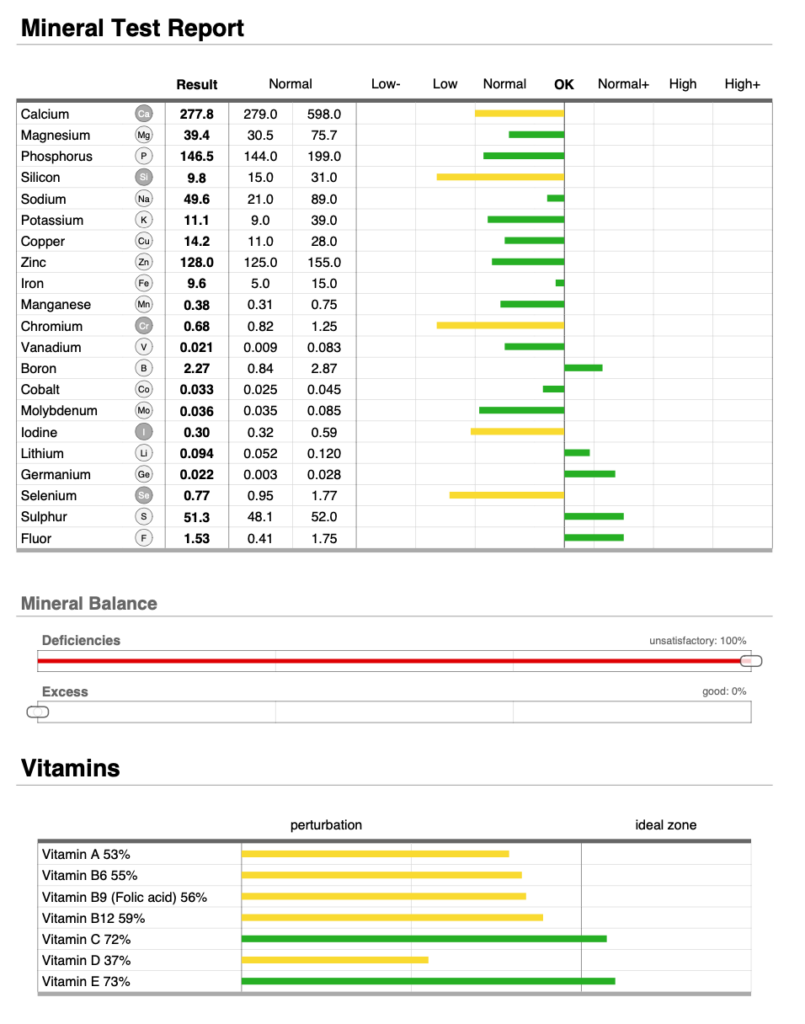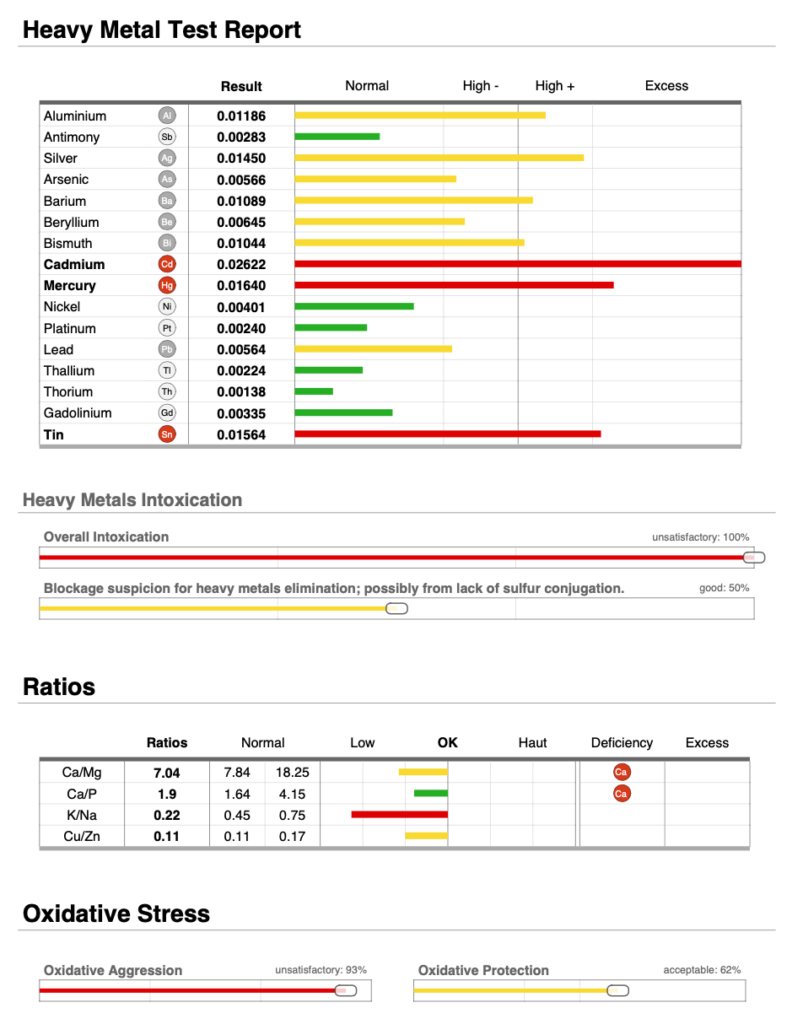What Causes Female Infertility: 7 Reasons You're Having Difficulties Getting Pregnant
Struggling to conceive can be a distressing and often confusing journey for many couples. While there are numerous factors that can contribute to infertility, understanding the specific reasons behind female infertility is crucial for those navigating this challenging path. In this blog post, we’ll delve into seven common causes of female infertility, shedding light on factors such as cellular inflammation, past stressors, and mineral imbalances that may be affecting your ability to conceive.
1. Cellular Inflammation: Uncovering the Hidden Culprit
Cellular inflammation, often unnoticed, can wreak havoc on reproductive health. Chronic inflammation within the body can disrupt hormonal balance and impair fertility. Research suggests that reducing cellular inflammation through lifestyle changes, such as adopting an anti-inflammatory diet rich in fruits, vegetables, and omega-3 fatty acids, may improve fertility outcomes.
2. Dealing with Past Stressors: The Impact on Fertility
Stress, whether past or present, can significantly impact reproductive health. Past traumatic experiences or chronic stress can disrupt hormonal signaling pathways, leading to irregular menstrual cycles and ovulatory dysfunction. Incorporating stress-reducing techniques such as mindfulness, meditation, or therapy can help mitigate its effects on fertility.

3. Balancing Your Minerals: A Key to Fertility
Mineral imbalances, such as deficiencies in zinc, magnesium, and selenium, can impair reproductive function. These essential minerals play crucial roles in hormone regulation, egg development, and embryo implantation. Consulting with a healthcare provider to assess and correct any mineral deficiencies through dietary changes or supplements may support fertility optimization. Here at AGAPE, the new patient process includes a mineral levels test using Oligoscan. Below are some examples of what those results look like.


4. Hormonal Imbalances: Restoring Harmony for Conception
Hormonal imbalances, including conditions such as polycystic ovary syndrome (PCOS) and thyroid disorders, are common contributors to female infertility. Addressing these imbalances through medication, lifestyle modifications, or alternative therapies can help restore hormonal harmony and improve fertility outcomes.
5. Lifestyle Factors: Making Healthy Choices for Fertility
Certain lifestyle factors, such as smoking, excessive alcohol consumption, and poor nutrition, can negatively impact fertility. Adopting a healthy lifestyle that includes regular exercise, maintaining a healthy weight, and avoiding harmful substances can optimize reproductive health and increase the likelihood of conception.
6. Age-Related Decline: Understanding Fertility Challenges
Age plays a significant role in female fertility, with fertility declining gradually after the age of 30 and more rapidly after 35. As women age, the quantity and quality of their eggs decrease, making conception more challenging. Understanding the impact of age on fertility can help individuals make informed decisions about family planning and seek appropriate fertility treatments if needed.
7. Underlying Medical Conditions: Seeking Proper Diagnosis and Treatment
Underlying medical conditions such as endometriosis, fibroids, or reproductive organ disorders can contribute to infertility. Seeking proper diagnosis and treatment from a qualified healthcare provider is essential for addressing these conditions and improving fertility prospects.
Conclusion: Navigating the Path to Parenthood
While facing difficulties in conceiving can be emotionally taxing, understanding the potential causes of female infertility is the first step towards finding solutions and realizing the dream of parenthood. By addressing factors such as cellular inflammation, past stressors, mineral imbalances, and other contributors to infertility, individuals can empower themselves to make informed choices and seek appropriate support on their journey to conception.
For more information on fertility optimization and reproductive health, explore these related articles:
- [The Role of Nutrition in Fertility]
- [Mindfulness Techniques for Stress Reduction]
- [Understanding PCOS and Fertility]
Remember, you’re not alone in this journey, and seeking guidance from healthcare professionals specializing in fertility can provide invaluable support and guidance. Wishing you strength, resilience, and success on your path to parenthood.
*Disclaimer: This blog post is for informational purposes only and should not be considered medical advice. Consult with a qualified healthcare provider for personalized guidance and treatment options tailored to your individual needs.*